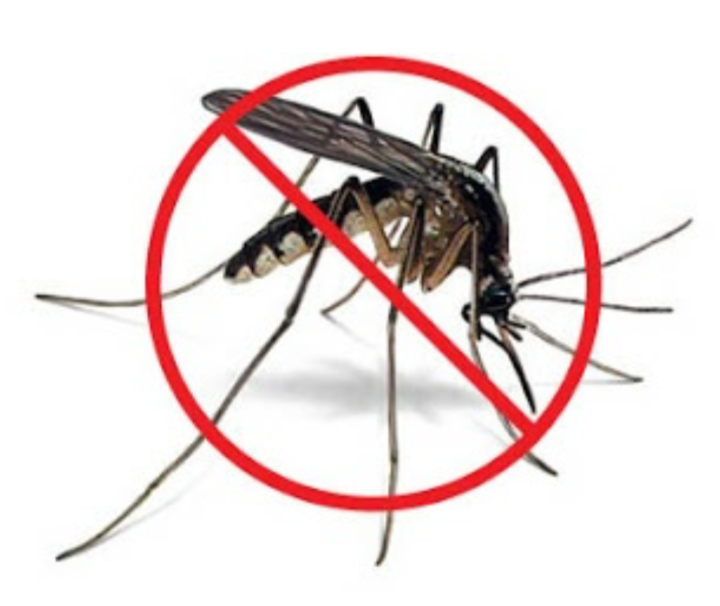By David Swedelson, Partner at SwedelsonGottlieb, Community Association Attorneys
 Although the Zika Virus has not yet been found in California, that does not mean that it will not find it’s way here. Florida community association attorney and blogger Donna DiMaggio Berger addresses a community association’s obligation to protect owners and residents from the foreseeable risk of harm from something inside the community and adds the Zika Virus to the list. Maybe we in California should take note. (follow this link to read Donna’s blog)
Although the Zika Virus has not yet been found in California, that does not mean that it will not find it’s way here. Florida community association attorney and blogger Donna DiMaggio Berger addresses a community association’s obligation to protect owners and residents from the foreseeable risk of harm from something inside the community and adds the Zika Virus to the list. Maybe we in California should take note. (follow this link to read Donna’s blog)
As Donna states regarding an association’s obligation to protect residents from harm, “[w]hether or not that duty is spelled out in the governing documents, there is the expectation that the association will ensure that residents do not get sucked into a non-compliant pool drain and drowned, trapped inside an unsafe elevator or mugged in the parking lot.”
Donna then asks: “With the growing threat of Zika virus in the U.S. and particularly in South Florida what, if anything, should your community be doing to lessen this threat to your residents?”
Donna’s recommendations are applicable to California community associations. As she states “a physical inspection of your community is warranted. The Centers for Disease Control and Prevention (CDC) has issued important recommendations on how to address any property conditions which might be attracting mosquitoes and providing convenient breeding grounds for them. Standing water in your community should be drained if possible or treated with insecticides. Non-functioning fountains should be drained and turned off and birdbaths drained.”
One thing that Donna did not address is the Association’s disclosure obligation. First, if there is a case of the Zika Virus that involves a member of the community, or if it has been found in the area, disclose this to the owners. There is no way the association can find all areas of standing water (for example). Advise the owners/residents to take appropriate precautions. It would be a mistake to deny or hide the existence of the Zika Virus in the community.
Also, an association may face liability or at least lawsuits if it does not take precautions and/or disclose the problem. Minimize the association’s disclosure by taking what precautions the association can and disclose the issue and recommend that owners and their tenants take precautions that involve the owner’s property or exclusive use common area.
And, as Donna states, “there is no reason for your community to panic nor is there a reason for your board to undertake responsibilities that are not yours to bear. However, taking reasonable steps to prevent a potentially devastating problem for some of your residents should be explored,” especially if an association wants to limit it’s exposure to lawsuits.
David Swedelson is a condo lawyer and HOA attorney and a respected expert in community association law. He can be reached via email: dcs@sghoalaw.com
 HOA Law Blog
HOA Law Blog


